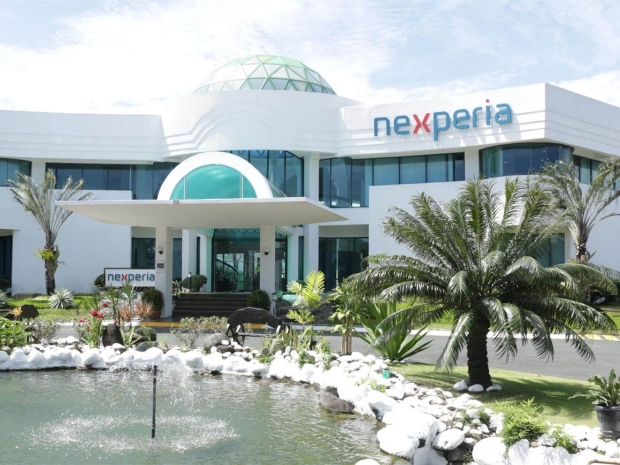It is the first time The Hague has invoked its Goods Availability Act, which officials said was necessary because of “a threat to the continuity and safeguarding on Dutch and European soil of crucial technological knowledge and capabilities.”
Nexperia’s ownership trail is a geopolitical minefield. The company was spun out of NXP Semiconductors in 2017, only to be snapped up for $2.75 billion by a state-backed Chinese consortium. A year later, shares began migrating to Chinese tech firm Wingtech, which took majority control in 2019.
The move marks another sour note in the ongoing tech scrap between China and the West over semiconductors and critical minerals. Just days before, Beijing had slapped new restrictions on the export of rare earth materials vital for everything from cars to wind turbines.
The Dutch ministry said it intervened because of “serious governance shortcomings and actions” at Nexperia, adding that the goal was to “prevent a situation in which the goods produced by Nexperia would become unavailable in an emergency.”
Officials pointed out that Nexperia’s chips are key components in European cars and consumer gadgets.
Dutch economy minister Vincent Karremans now has the power to veto or overturn any Nexperia board decisions. His department took control on 30 September but only revealed the move publicly on 12 October.
Wingtech hit back, calling the seizure “an act of excessive interference driven by geopolitical bias, not by fact-based risk assessment.” It claimed the Dutch action “gravely contravenes the European Union’s long-standing advocacy for market-economy principles, fair competition, and international trade norms.”
The firm told Chinese regulators that it had appealed to Beijing for help and confirmed the Dutch takeover in stock exchange filings. Investors were not thrilled as Wingtech’s Shanghai shares dropped the full 10 per cent limit on Monday.
According to Wingtech, the Dutch government ordered Nexperia and all its subsidiaries not to alter their assets, intellectual property, business operations, or staff for a year.
That prompted three senior Nexperia executives, all Dutch or German, to rush to Amsterdam’s court of appeal on 1 October. The court suspended Chinese chief executive Zhang Xuezheng and stripped him of his directorships at both Nexperia and Wingtech.
By 7 October, the court had gone further, appointing an independent, non-Chinese director with decisive voting rights and ordering that all but one of Nexperia’s shares be placed under custodial control.
Wingtech has been in Washington’s crosshairs since 2023, when it landed on the US “entity list” for allegedly helping China obtain restricted chipmaking technology. That move means US companies need a special licence to sell to it, a licence that is almost never granted.
The US commerce department recently expanded those curbs to cover subsidiaries of blacklisted firms, which drags Nexperia into the same regulatory quicksand as its Chinese owner.
China’s commerce ministry has since cited the US sanctions as part of its justification for its clampdown on rare earth exports.
Nexperia, based in Nijmegen with operations worldwide, insisted it “complies with all existing laws and regulations, export controls and sanctions regimes.”
The Dutch are no strangers to semiconductor scuffles. In 2022, London blocked Nexperia’s purchase of Newport Wafer Fab over national security fears, citing its Chinese ownership. Meanwhile, under pressure from Washington, The Hague has already throttled the ability of ASML to sell its most advanced chipmaking kit to China.
Officials stressed that the Nexperia intervention was “not directed at other companies, the sector, or other countries” and said affected parties could challenge the decision in court if they fancy their chances.




